In the News
ICYMI: As Trump threatens deportations, Miami’s undocumented grapple with uncertain future


On Thursday, the Miami Herald reported on the threat of a second Donald Trump presidency, and what it means for immigrants in Florida. Trump has repeatedly threatened mass deportations if he gets a second term in the White House.
In contrast, the Biden-Harris administration has provided humanitarian parole for Nicaraguans, Venezuelans, Cubans, and Haitians. Over 400,000 immigrants protected by this program would all be in danger if Trump gets a second term.
“Donald Trump has told us exactly what he’ll do as president — run the largest deportation program in American history,” said FDP Chair Nikki Fried. “Humanitarian parole is also in danger; Trump would eliminate this program, which benefits Nicaraguans, Venezuelans, Cubans, and Haitians trying to flee authoritarianism, violence, and political unrest. Donald Trump is a danger to all immigrants in Florida, no matter how or when they got here.”
Read the full story here:
Miami Herald: As Trump threatens deportations, Miami’s undocumented grapple with uncertain future
– “The daughters of Bertha Sanles know no home beyond the United States…But her U.S. citizen children are weighing whether to leave the country with their mother and abandon their American futures should Donald Trump win the presidency and launch the biggest deportation campaign the country has ever seen.”
– “Trump, the presumptive Republican presidential nominee, has said that undocumented immigrants “are poisoning the blood of our country,” and pledged to deport the millions of people in the U.S. who lack legal status. A recent government report estimated there were roughly 11 million of them in the country, 80% of them here for 10 years or longer.”
– “A second Trump administration could also roll back new, Biden-era programs, such as the humanitarian parole program for Cuba, Venezuela, Haiti and Nicaragua, which has allowed roughly 439,000 people from the four countries to legally come to the United States for two years. Over a dozen Republican-led states, including Florida, sued the federal government to end the program, though a federal judge in Texas allowed it to continue in March.”



